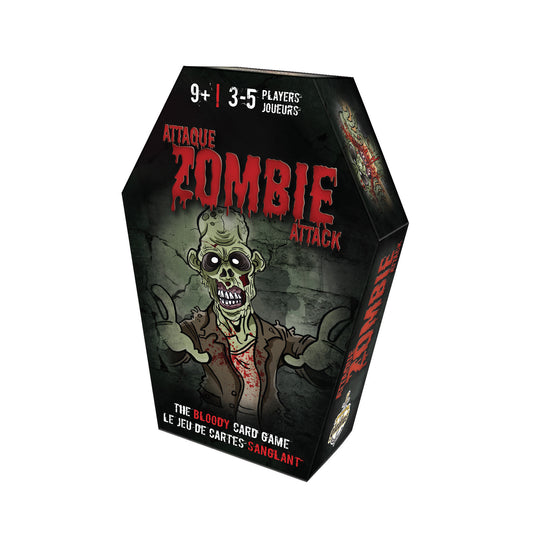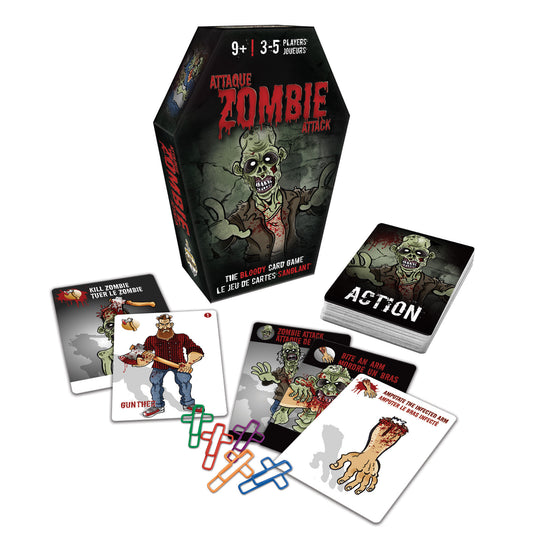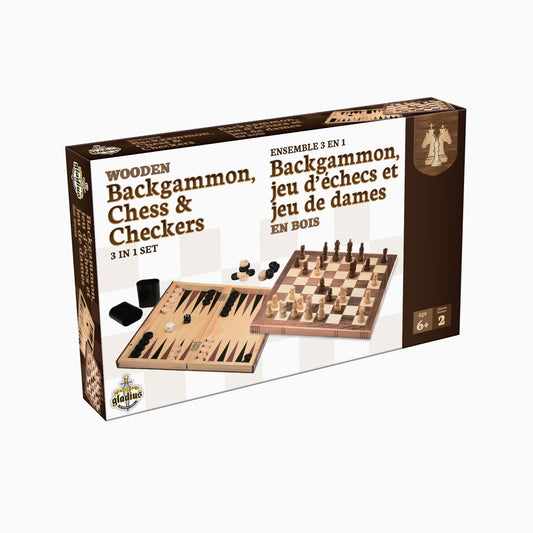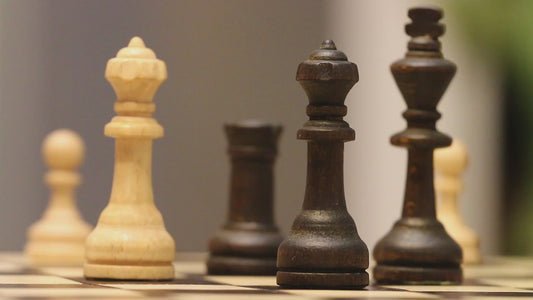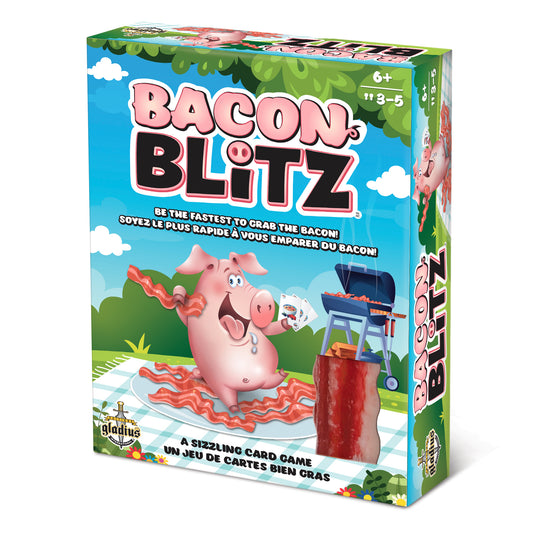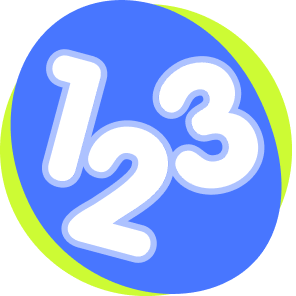
Logico-mathematical
A little theory...
Logical-mathematical reasoning encompasses a series of cognitive skills.
- Numeration: Knowledge of numbers, number sequences and what they represent;
- Mastery of operations: Understanding of addition, subtraction, multiplication and division, and knowledge of techniques for arriving at the right result;
- Conservation principles: Understanding of quantities, volumes, magnitudes and weights;
- Reasoning: Ability to make causal connections, formulate hypotheses and make deductions.
How to stimulate the development of logic through play?
To encourage the development of logic through play, invite your child to explain his answers. By asking questions, you help your child become aware of the process that leads to the solution. Even if you know he's got the right answer, you can sometimes challenge him to rethink his choice and make sure it's valid.
The fact that the child consciously uses strategies to achieve a result gradually leads him to have confidence in his ability to succeed, and not that it's a matter of mere chance. They develop their self-esteem. A number of games are designed to work on logic. Logico games are just one way for toddlers to exercise this skill. You can ask your child to identify and name the clues that helped him or her complete the story. Do the same when it's your turn.
How can we stimulate mathematical understanding through play?
Most games involve mathematics: the numbers on a dice, the number of cards to be dealt, the number of squares to be covered on a game board, the calculation of points to determine the winner, and so on. Games provide the ideal context for reinforcing the knowledge acquired at school. Even if it seems long and laborious, be patient. Let the child count for himself. To stimulate math skills in little ones, you can use more than one way to determine the winner. For example, in a memory game, compare the height of the decks of cards; then count the number of cards to validate your answer. With each additional win, show the child the addition of the cards. "You had 4 cards, now you have 2 more. 4+2= 6. You now have 6 cards."
To find out more...
The Babou book collection, Éditions Chenelière Éducation http://www.defimath.ca/lexique.html
Mieux vivre l'école... En 7 savoirs et quelques astuces, Collection du CHU Sainte-Justine
Au retour de l'école... La place des parents dans l'apprentissage scolaire, Collection du CHU Sainte-Justine

